
October 17, 20:00 | Theatersaal Puschkinhaus
international competition short documentary up to 22 minutes
Online available 15 - 30 October
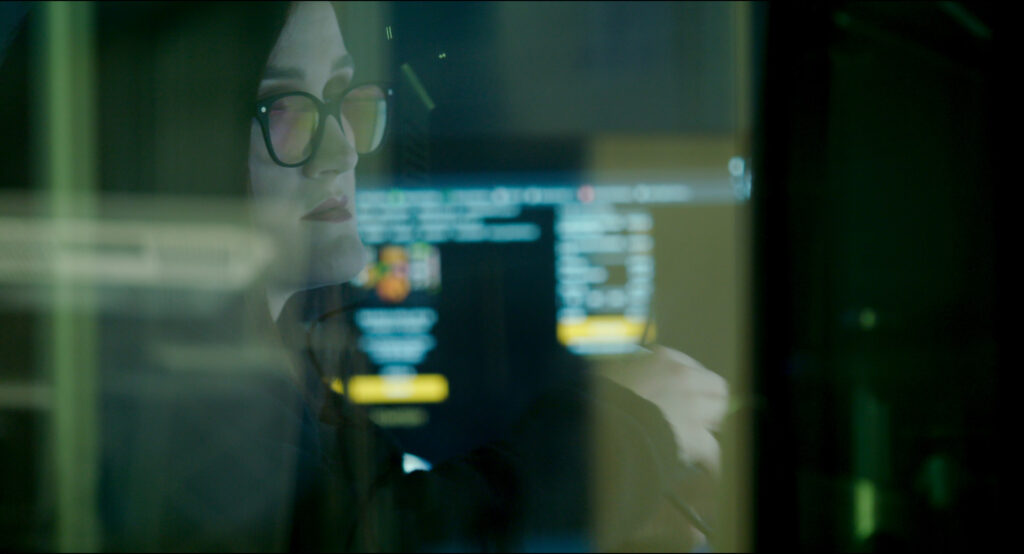
The 112 emergency call centre receives numerous calls every day. The employees deal with various situations, both outside and inside the office, setting boundaries and dealing with their own emotions.
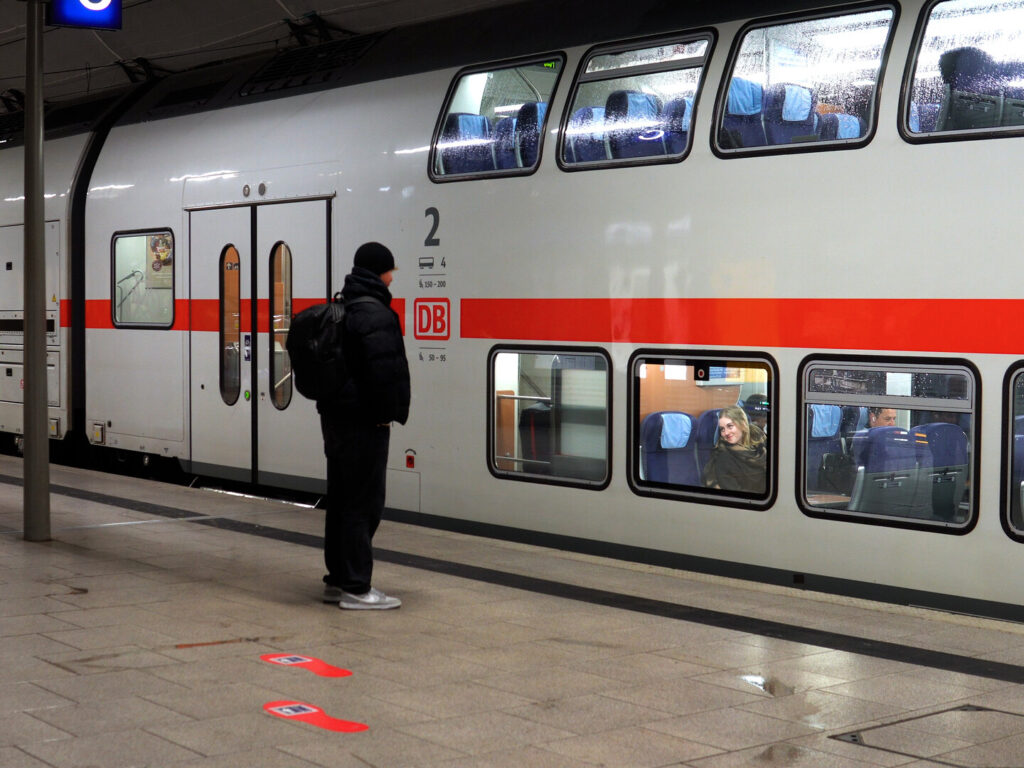
The railway station does not have a particularly good reputation. An ugly, functional space where you spend time without spending any time. Inconspicuous, public, anonymous. You walk through it, use it and leave it behind. It is a place without identity and history, where you rush from here to there to catch your train. But is that really all there is? The film attempts to take a look at the places of transit, which are otherwise often lost in the hustle and bustle of events, and examines the role and significance of the railway station. It shows architectural features and tells the stories of the people who pass through the stations every day. It is a portrait of a railway station.
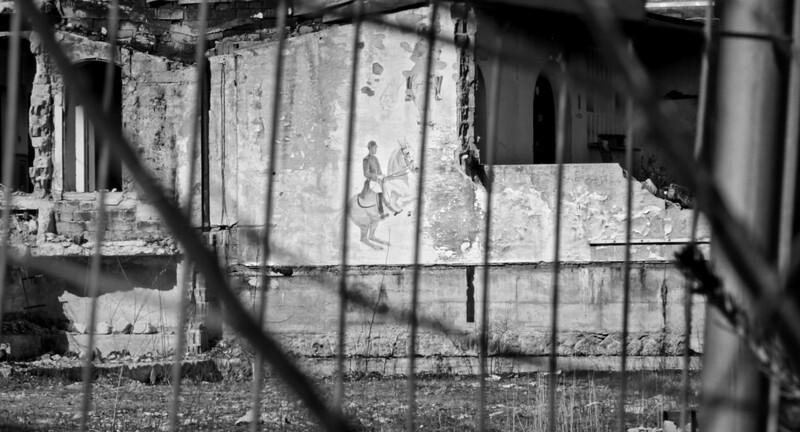
For some, it was just the village’s former riding stables. For others, it was a social biotope. And for some, ‘down there’ was their home – until it burned down in 2018. Today, a village remembers the tragedy of the fire and reflects on housing, prosperity and community. The result is a multi-perspective look at social inequalities in rural Germany.
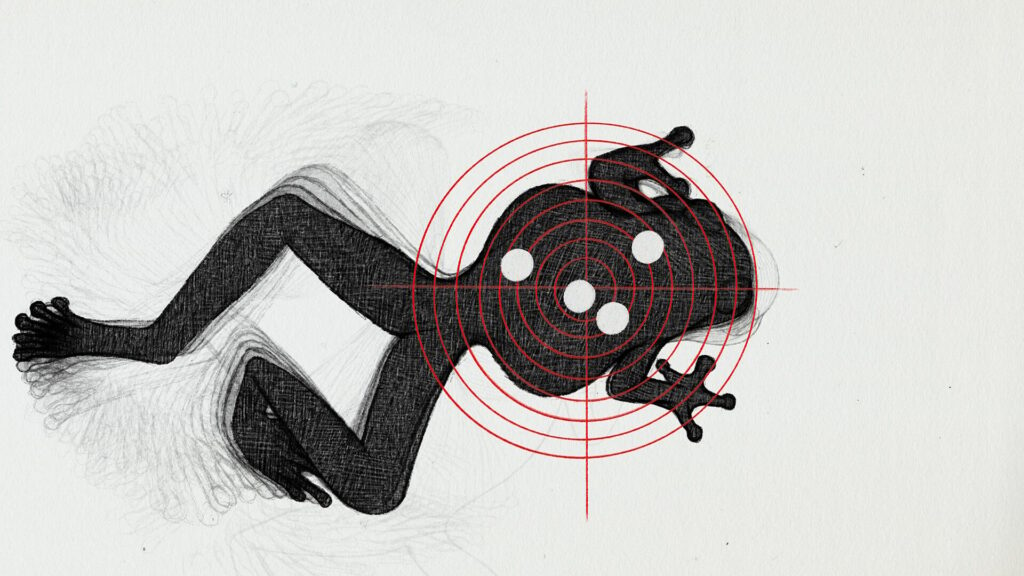
Karen Lips is a researcher who has been living in a tiny hut in Costa Rica for several years to observe frogs. When she leaves the cloud forest for a short time and returns, the frogs have disappeared. All of them. Karen sets off in search of them – and discovers a cruel truth.

Maša, an exile from the Prague area, and Gianlorenzo, a rich Roman intellectual and employee of the embassy. The two fall in love shortly before the occupation of Czechoslovakia by the Russians in 1968. Thanks to his connections, Maša is able to marry him with the permission of the Communist Party. But the situation in the country gets worse. They decide to leave Maša’s family and move to Italy with their three children. Here Maša immerses herself in the world of the conservative Roman upper class. The fourth child is born. Something inside her breaks.
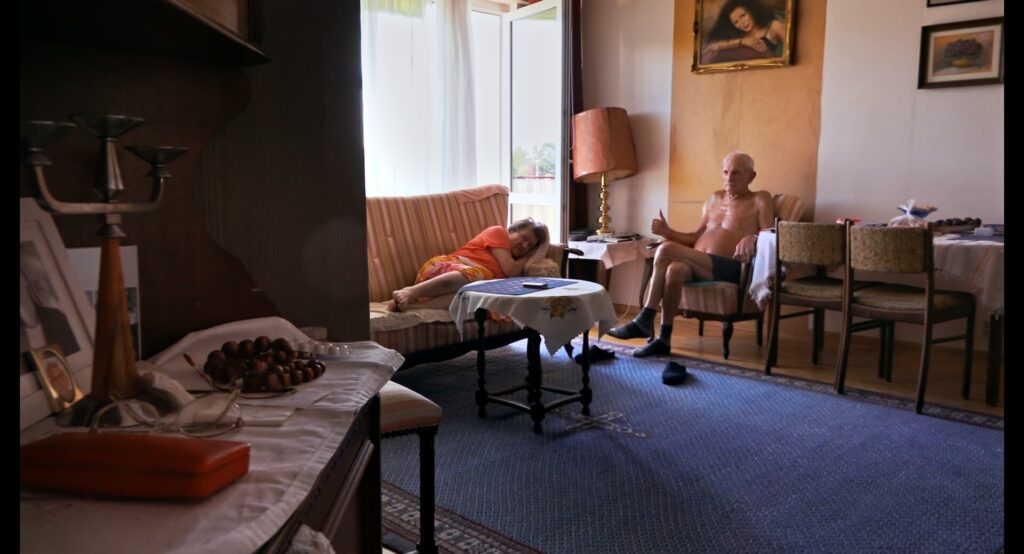
Age catches up with everyone and there is no cure for it. Stanisław and Maria, who live in Koszalin, were once the epitome of independence. Today they are elderly and struggle with the challenges of daily life. Maria in particular, an 83-year-old with a difficult personality, often loses her bearings in the city and misplaces documents. Stanisław asks his daughter Ewa for help.